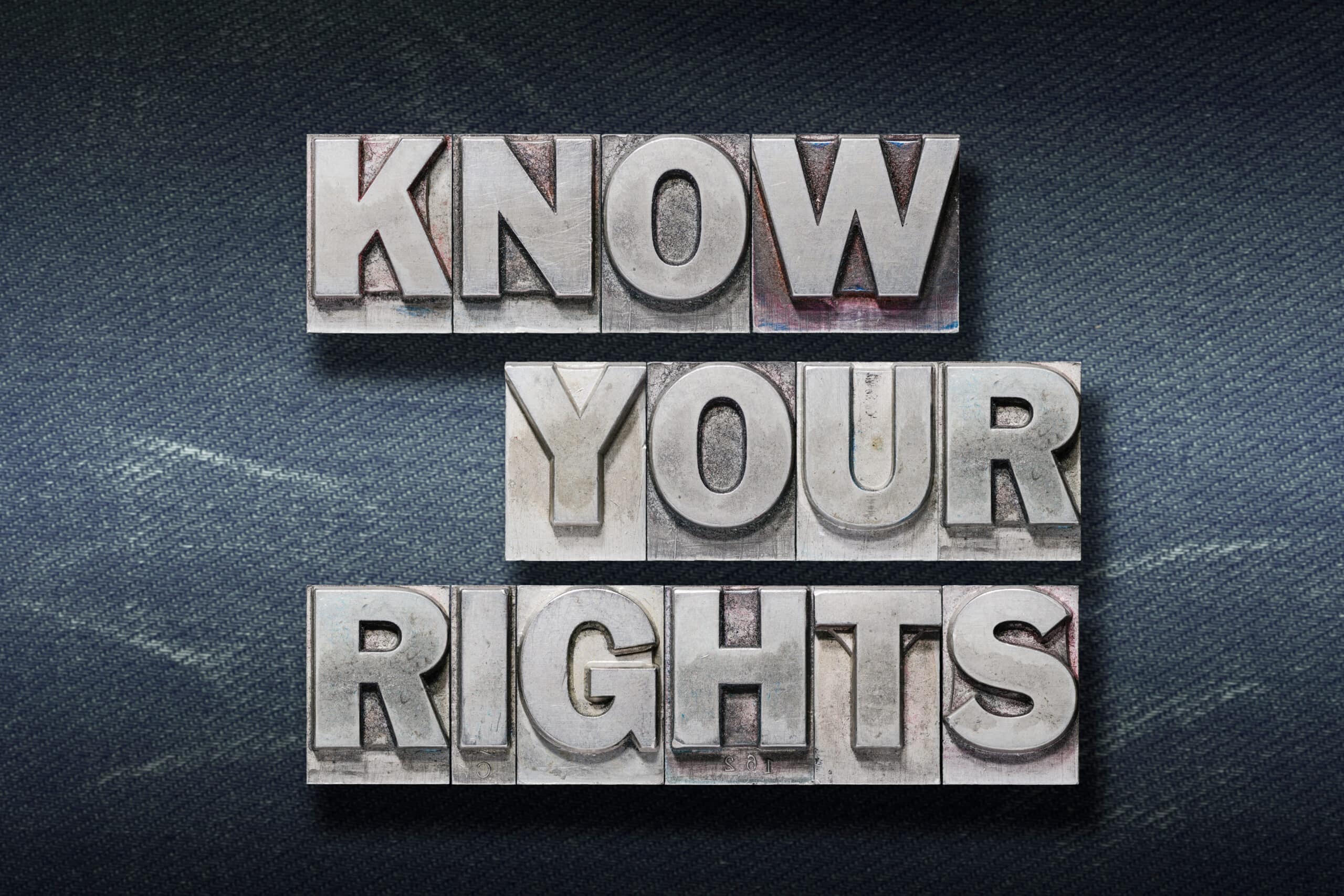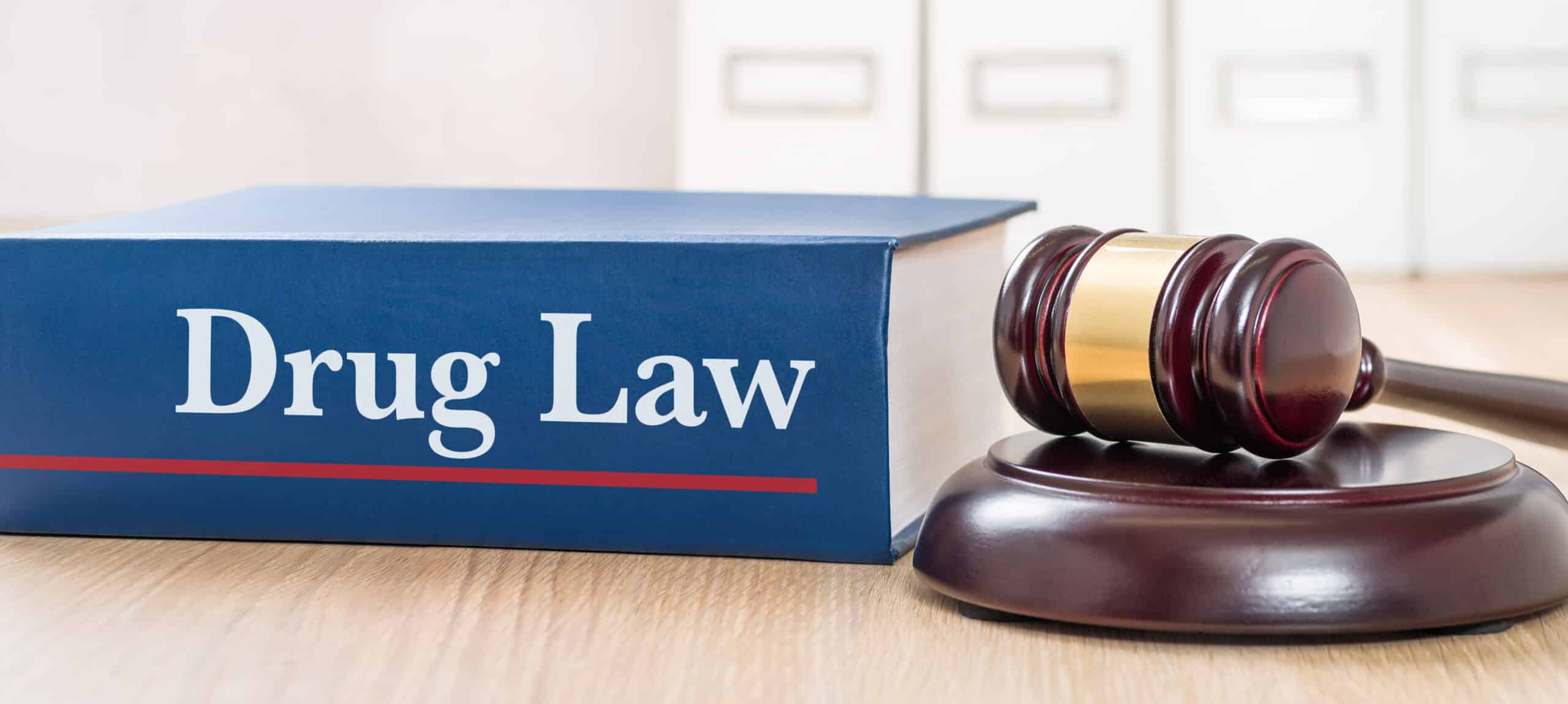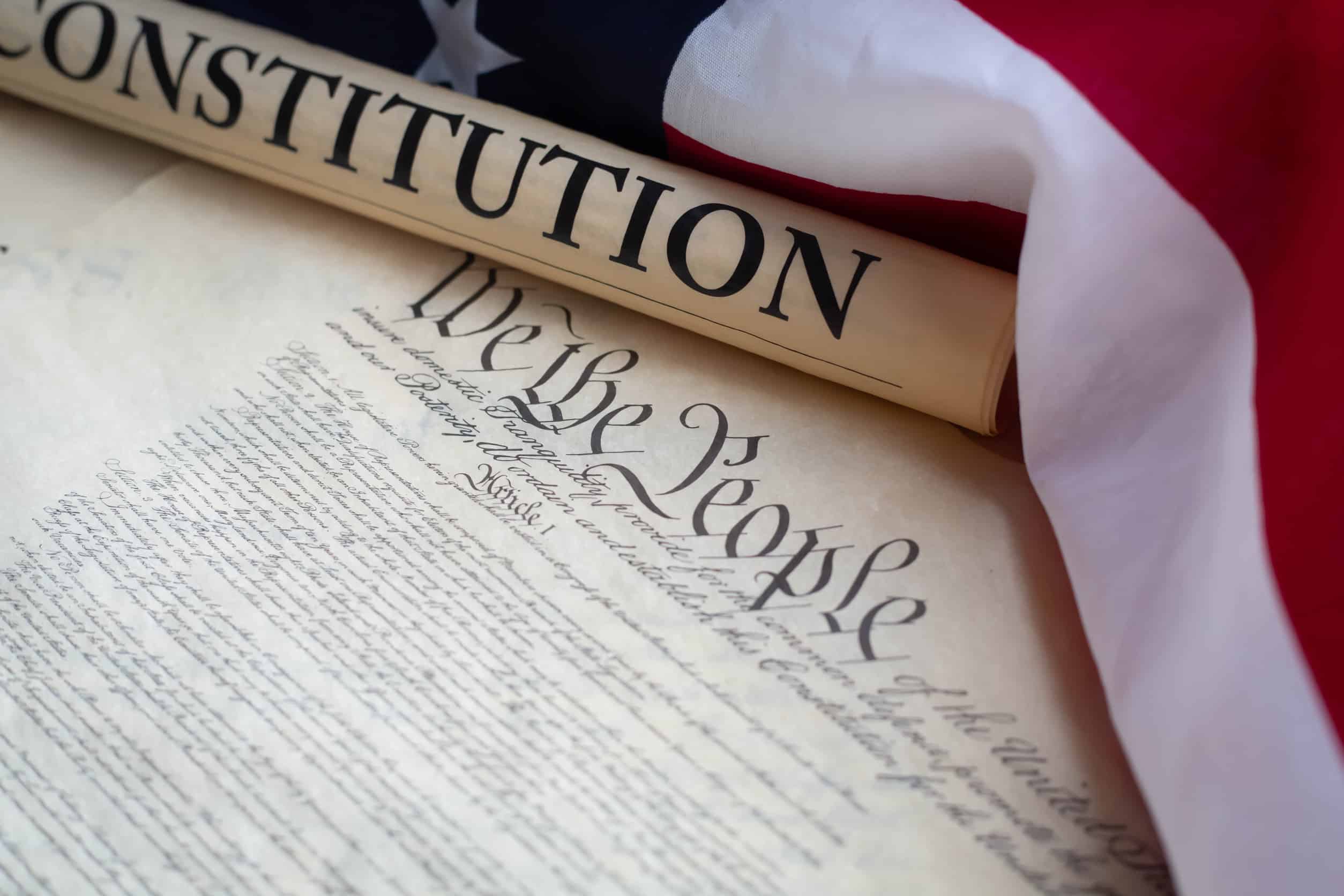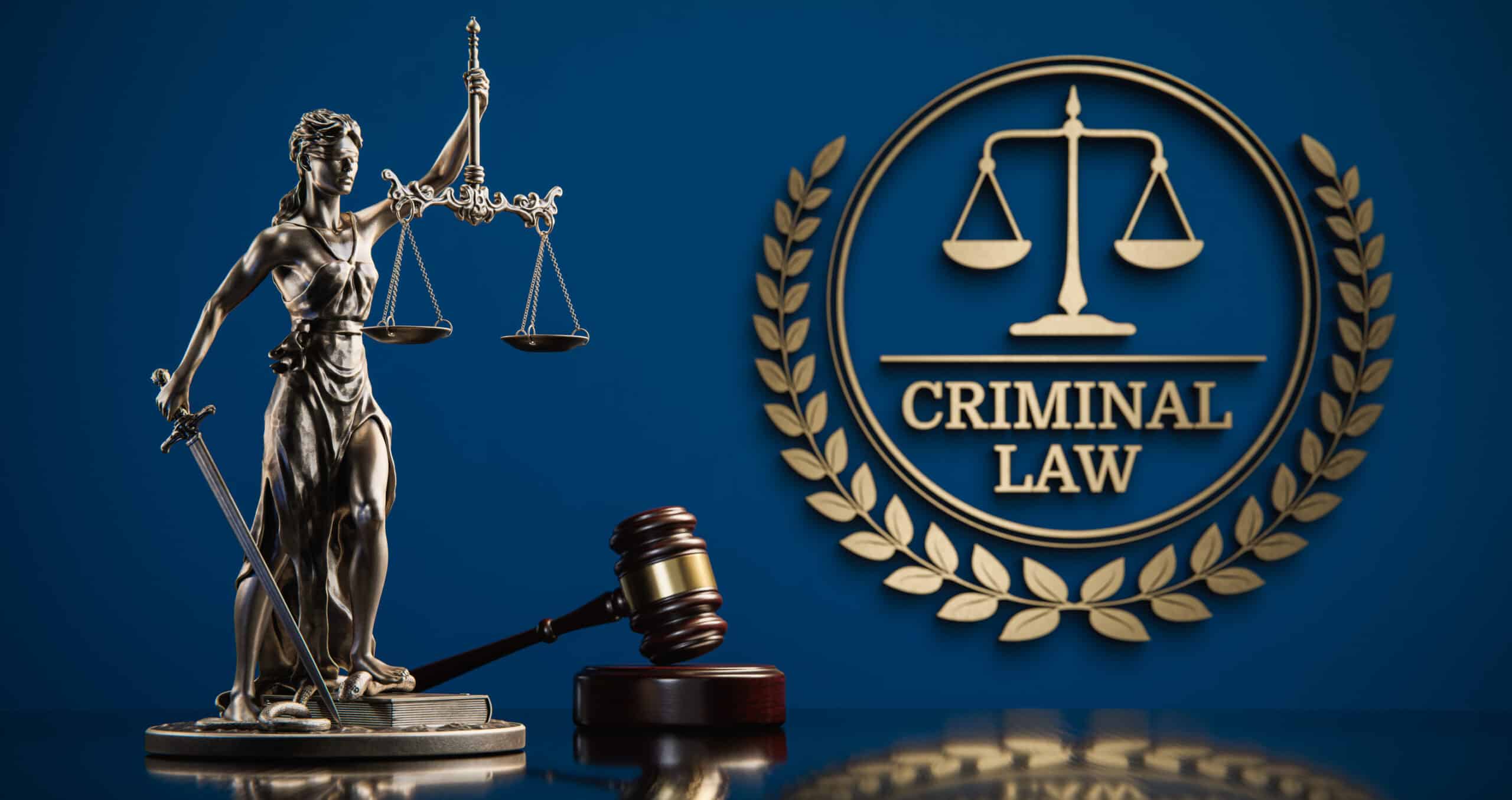Our Blog
Minnesota Drug Offenses: What Defendants Need to Know



If you’ve been charged with a drug offense in Minnesota, it can be hard to know where to start. The process can feel overwhelming—there are laws to understand, court appearances to prepare for, and long-term consequences to think about.
This guide will give you clear answers. You’ll learn how Minnesota handles different types of drug crimes, what factors can affect your case, and what defenses might apply. Whether this is your first time facing charges or you’ve been through the system before, understanding how things work can make a big difference in your outcome.
To understand what you’re up against and how to protect your future, connect with our Minneapolis, Minnesota drug crimes lawyer at Wolfgram Law Firm today.
Common Types of Drug Charges in Minnesota
- Possession – This means having a controlled substance on your person, in your vehicle, or anywhere you have control over. Even small amounts can result in criminal charges.
- Possession with Intent to Sell – If law enforcement believes you intended to distribute drugs—even if they didn’t catch you in the act—you could face more severe penalties. This charge often comes when large quantities, packaging materials, or cash are found.
- Sale or Distribution – Actually selling or giving drugs to someone else, including undercover officers, leads to more serious charges, especially when minors are involved.
- Manufacturing or Cultivation – This includes growing marijuana plants, producing methamphetamine, or being involved in a lab operation.
- Possession of Drug Paraphernalia – This may seem like a minor offense, but it’s still a criminal charge. Items like pipes, needles, or even baggies can be enough to warrant arrest.
Controlled Substance Schedules
Minnesota classifies drugs into five categories, or schedules. These schedules are based on how addictive the substance is and whether it has any medical use.
- Schedule I – High potential for abuse, no accepted medical use (e.g., heroin, LSD).
- Schedule II – High potential for abuse, some medical use (e.g., cocaine, methamphetamine, oxycodone).
- Schedule III – Moderate to low potential for physical or psychological dependence (e.g., anabolic steroids, ketamine).
- Schedule IV – Low potential for abuse (e.g., Xanax, Valium).
- Schedule V – Lowest potential for abuse (e.g., cough medicines with codeine).
The schedule of the drug directly affects the severity of your charge. Possession of a Schedule I drug can lead to more serious consequences than possession of a Schedule IV drug, even in small amounts.

Degrees of Drug Crimes in Minnesota
Minnesota breaks down drug offenses into five degrees:
First-Degree Controlled Substance Crime
- Sale of 17+ grams of cocaine or meth or 10+ grams of heroin
- Possession of 50+ grams of cocaine or meth or 25+ grams of heroin
- Potential sentence: up to 30 years in prison and fines up to $1 million
Second-Degree Controlled Substance Crime
- Sale of 10+ grams of cocaine or meth or 6+ grams of heroin
- Possession of 25+ grams of cocaine or meth or 10+ grams of heroin
- Potential sentence: up to 25 years in prison and fines up to $500,000
Third-Degree Controlled Substance Crime
- Sale of any narcotic drug
- Possession of 10+ grams of narcotics
- Potential sentence: up to 20 years in prison and fines up to $250,000
Fourth-Degree Controlled Substance Crime
- Sale of marijuana in a school zone or involving a minor
- Possession of drugs with intent to sell
- Potential sentence: up to 15 years in prison and fines up to $100,000
Fifth-Degree Controlled Substance Crime
- Simple possession of controlled substances without intent to sell
- Sale of small amounts of marijuana
- Potential sentence: up to 5 years in prison and fines up to $10,000

Factors That Can Affect Your Charges
Not all drug cases are treated the same. Even two people caught with the same amount of the same substance might face different charges based on several key factors:
- Amount of the substance – This is one of the first things prosecutors look at. Small quantities may result in simple possession charges, while larger amounts can lead to accusations of possession with intent to sell or even trafficking, even if there’s no actual evidence of a sale.
- Type of drug – Minnesota classifies substances into five schedules. Charges involving heroin, fentanyl, or meth are prosecuted far more aggressively than those involving marijuana or certain prescription medications. The more addictive or dangerous the drug is considered, the more severe your case may be.
- Presence of weapons – If law enforcement finds a firearm or other weapon near the drugs—especially if it was loaded or concealed—it can trigger additional charges and enhancements, increasing both the risk of prison time and the difficulty of securing a favorable plea deal.
- Proximity to schools or parks – Being arrested near these areas can bump up your charges. Even if you weren’t intending to sell to children, the location alone may trigger stiffer penalties.
- Past criminal history – Prior drug convictions—or any criminal record—can take jail alternatives like diversion off the table. Prosecutors may be less willing to negotiate.
- Involvement of minors – If a child was present or involved, your charges can escalate quickly. Even having a minor nearby at the time of your arrest could complicate your case.
You can’t change what’s already happened, but you can make sure your defense attorney knows the full story. Don’t leave out any details, even if they seem small—something that looks irrelevant to you might be the key to reducing or dismissing your charges.
Penalties and Consequences
Criminal penalties include:
- Prison time ranging from a few months to several decades
- Fines from $3,000 to $1 million, depending on the charge
- Probation, mandatory drug testing, and supervised release
Collateral Consequences Include:
Loss of job opportunities
Most employers conduct background checks before making a hiring decision. A drug conviction can automatically disqualify you from jobs that involve handling money, working with vulnerable populations, operating vehicles, or holding government positions. Even in less sensitive roles, employers may view a conviction as a red flag, making it harder to get your foot in the door.
Housing challenges
Many landlords run criminal background checks and may refuse to rent to anyone with a drug-related offense. Public housing programs also have strict eligibility rules that often exclude those with drug convictions.
Education barriers
A conviction can impact your ability to go back to school or complete your education. Federal student aid, including grants, loans, and work-study programs, may be denied to students with drug offenses on their record.
Driver’s license suspension
Some drug charges, especially those that occur during a traffic stop or involve driving, can result in a suspended license. Losing your driving privileges can disrupt your ability to work or care for your family.
Immigration consequences
If you’re not a U.S. citizen, a drug conviction could lead to deportation, visa denial, or barred reentry, even for green card holders.

Your Legal Rights as a Defendant
The right to remain silent
From the moment you’re approached by law enforcement, you’re under no obligation to answer questions. This right protects you from self-incrimination. Even seemingly harmless statements can be twisted and used against you in court. If you’re being questioned, politely say you want to remain silent until you’ve spoken with an attorney.
The right to an attorney
Whether you can afford to hire a Mineapolis, MN criminal defense lawyer or not, you’re legally entitled to have one. Don’t try to clear things up or explain your side without legal advice. Having a defense attorney present ensures that your rights are protected every step of the way.
Protection against illegal searches
Law enforcement cannot search your body, vehicle, or home without probable cause, a valid warrant, or your permission. If they searched you without following the rules, your attorney may be able to suppress the evidence.
The right to a fair trial
You are presumed innocent until proven guilty. The government must prove every element of the charge beyond a reasonable doubt. You’re not required to prove your innocence—your defense lawyer can hold the prosecution to their burden and fight for your best outcome.
Defending Against Drug Charges
Illegal search and seizure
The Fourth Amendment protects you from unreasonable searches and seizures. This means police can’t just pull you over or search your home, vehicle, or belongings without a valid reason. If they searched you without probable cause, a warrant, or your consent, your criminal defense attorney can challenge the search and ask the court to suppress any evidence obtained. Without that evidence, the prosecution’s case may fall apart.
Lack of possession
Being near drugs doesn’t always mean you had control over them. If drugs were found in a shared space like a car with multiple passengers or a house with roommates—it might not be clear who actually possessed them. Prosecutors must prove that you knew about the drugs and had control over them. If they can’t do that, your case could be dismissed or charges reduced.
Entrapment
If law enforcement persuaded or pressured you into committing a crime that you wouldn’t have otherwise committed, that could be a valid defense. Entrapment doesn’t apply to simply being caught in a sting operation—it applies when police induce you to break the law. Your attorney can assess whether your actions were truly voluntary or if law enforcement tactics manipulated you.
Problems with lab testing
Drug charges often rely on lab results to confirm that a substance is illegal. But mistakes happen. Samples can be mislabeled, contaminated, or even lost. Labs may use faulty testing methods or have technicians who cut corners. If there are inconsistencies or gaps in how the drugs were tested, your lawyer may challenge the reliability of the evidence.
Chain of custody issues
From the moment police seize a suspected drug, it must be tracked through every step—storage, transport, testing, and presentation in court. If there’s any break in that chain of custody, the integrity of the evidence can be questioned. If the prosecution can’t prove where the evidence was and who handled it at all times, a judge may rule that it can’t be used against you.
Each case is different. The sooner you contact an attorney, the sooner they can begin reviewing your options and building a defense that works for your situation.

What Happens During a Drug Arrest?
The Arrest
Most drug arrests begin with a traffic stop, a search, or an encounter with law enforcement. If police believe they have probable cause—such as seeing drugs in plain view or receiving a tip—they may place you under arrest. You’ll be handcuffed, searched, and transported to a police station.
Booking
Once at the station, you’ll go through the booking process. This includes taking your fingerprints, photographing, and recording your personal information. Police will inventory your belongings and may hold you in a cell while they complete paperwork or wait for arraignment.
Questioning
Officers may try to question you during or after booking. This is where many people make mistakes. You are not required to answer questions. In fact, anything you say can—and likely will—be used against you in court. Don’t try to explain yourself or talk your way out of it. Stay calm, be respectful, and clearly state that you want to speak to an attorney.
Remaining silent and asking for a Minneapolis, MN criminal defense lawyer is not an admission of guilt. It’s your legal right, and exercising it early puts you in the best position to defend yourself later. Let your criminal defense attorney from Wolfgram Law Firm do the talking from here.
Diversion Programs and Alternatives to Jail
Diversion Programs
Diversion is an option for non-violent offenders in some Minnesota counties. Instead of going through the traditional court process, you may be offered the chance to complete a set of conditions such as drug education classes, counseling, community service, or regular drug testing. If you successfully meet the program’s requirements, the charges may be dismissed. This means no conviction on your record. However, these programs are not available to everyone, and eligibility depends on the specifics of your case.
Drug Courts
These are more intensive alternatives, typically available for individuals struggling with addiction. Drug courts combine judicial oversight with treatment and accountability. You’ll be required to attend treatment sessions, undergo frequent drug testing, appear regularly before a judge, and demonstrate progress over time. The goal is long-term recovery, not punishment. Successful completion can lead to reduced charges or, in some cases, a clean record.
Stay of Adjudication
In some situations, the court may agree to delay entering a judgment of conviction. This stay gives you a chance to meet certain conditions, like probation or treatment. If you comply fully, the court may dismiss the charges later, helping you avoid a permanent criminal record.

Seek Legal Help from Minneapolis, Minnesota Drug Offense Attorneys
At Wolfgram Law Firm, you’re not just another case on the docket. We know that a drug charge can shake up your entire life—your job, your relationships, your future plans. But we also know that a single accusation doesn’t define you. Our criminal defense attorneys look beyond the paperwork to understand your whole story.
We’ll walk you through what to expect, push back against unfair tactics, and look for every opportunity to reduce or dismiss your charges. Whether it’s negotiating for a better outcome or pushing for a dismissal, at Wolfgram Law Firm work the angles that make a real difference. You don’t have to accept the first offer or go through this alone. Call (612) 584-3675 or get in touch online.





